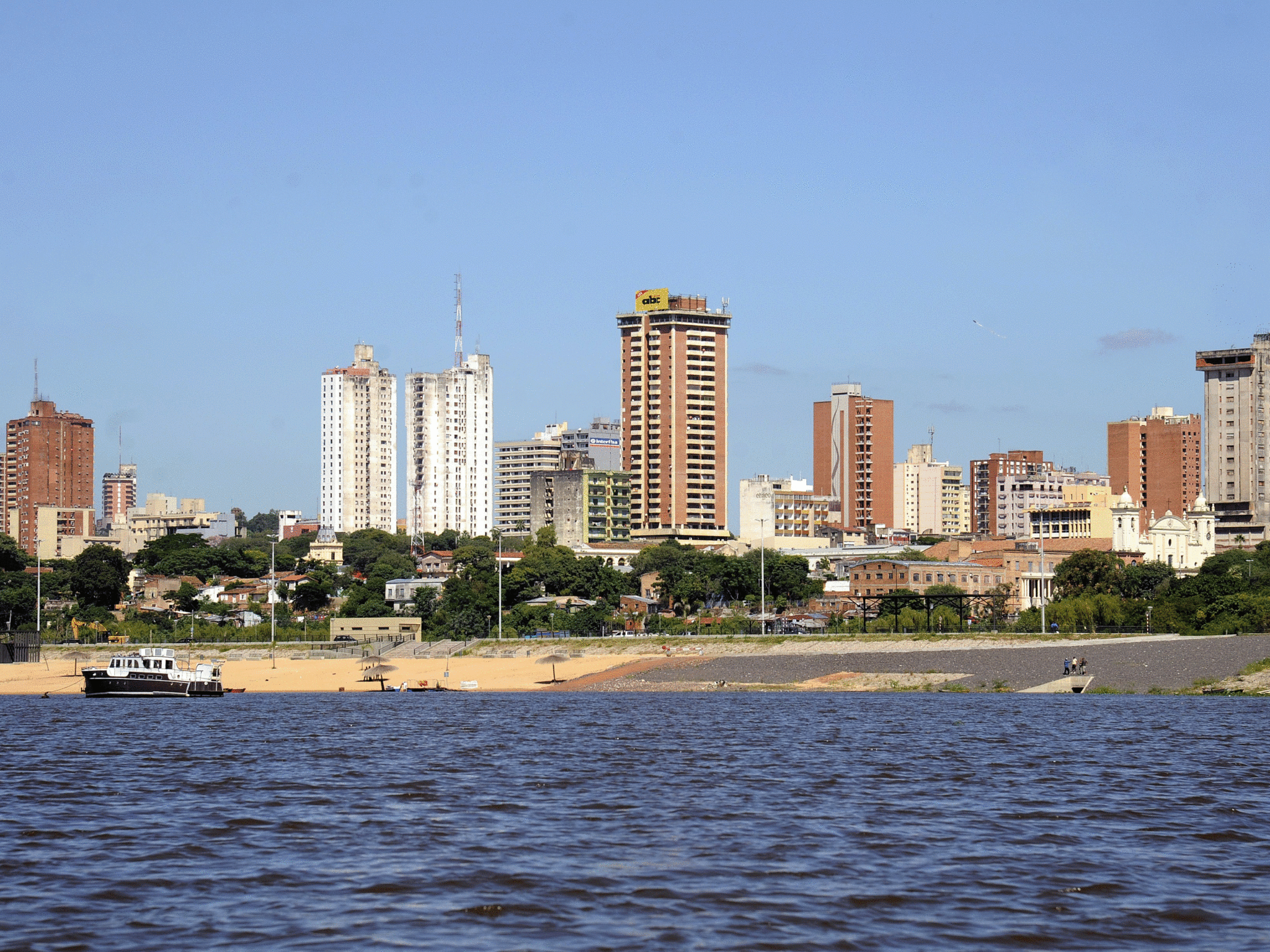11-year-old Paraguay girl denied abortion after 'being raped by stepfather' gives birth
The girl was denied an abortion by the Roman Catholic country's government which only allows the procedure if the mother's life is at risk

An 11-year-old in Paraguay who was denied an abortion after allegedly being raped by her stepfather has given birth to a baby girl.
The child delivered the baby by Caesarean section at the Red Cross hospital in Asuncion, the country’s capital, and both are doing well.
The girl was allegedly raped and made pregnant by her stepfather when she was 10.
He has been arrested and is awaiting trial, while the girl’s mother has been charged with negligence.
Along with the girl’s grandmother, the mother has requested custody of the unnamed baby.
The girl’s mother had made a request to the government for her child to be given an abortion, but this was refused because the girl’s life was not deemed to be at risk from the pregnancy – the only circumstance under which the procedure is allowed in the predominantly Roman Catholic country.
The decision was praised by religious groups, but was criticised by many human rights organisations, including U.N. officials.
Amnesty International said it was glad the girl had come through the birth, but said the fact that “she did not die does not excuse the human rights violations she suffered at the hands of the Paraguayan authorities.”
The charity’s Americas director, Erika Guevara, added: “Only time will tell the true extent of the physical and psychological consequences of her tragic ordeal.
“It is terrifying that her story will remain all too common unless Paraguay does more to protect victims of sexual violence, decriminalise abortion and guarantee the availability of modern contraceptives and access to information about sexual and reproductive rights.”
While the case did spark some discussion about abortion in the socially conservative country, the focus of several protests which have taken place has been on better protecting children from abuse.
About 600 girls aged 14 or under become pregnant each year in the South American country of 6.8 million people, according to local health statistics.
Many people have called for tougher penalties for abusers and the funding of education programmes to help parents and authorities better spot signs of abuse.
Norma Benitez, spokeswoman for the Latin American Women's Commission, said her group would now push the government to provide a safe environment for the rape victim that includes both her mother and grandmother.
“The Paraguayan state must fulfil its role of protecting children by providing a home and a dignified life for this family,” she said.
The Roman Catholic Church was at the forefront of calls not to allow the girl to have an abortion.
Mariano Mercado, spokesman for the Paraguayan Episcopal Conference, reaffirmed the church's position but did not talk about the girl's case, saying only that “human life is sacred and should be respected and protected from the moment of conception until death”.
Carlos Gilizzola, a physician who holds a seat in the country’s Senate, said he had been pushing for legislation to be introduced to increase sex education funding for the last four years.
But he added: “The majority of Christian churches, led by the Catholic Church, campaigned in 2012 to make sure the bill wasn't even taken up in committee.”
Pope Francis spent three days in Paraguay last month, meeting officials, visiting a slum outside Asuncion, and celebrating two masses. While activists had hoped to bring up the case of the pregnant girl with him, he did not speak about it or focus on abortion in any of his speeches.
Additional reporting by AP and Reuters
Subscribe to Independent Premium to bookmark this article
Want to bookmark your favourite articles and stories to read or reference later? Start your Independent Premium subscription today.

Join our commenting forum
Join thought-provoking conversations, follow other Independent readers and see their replies